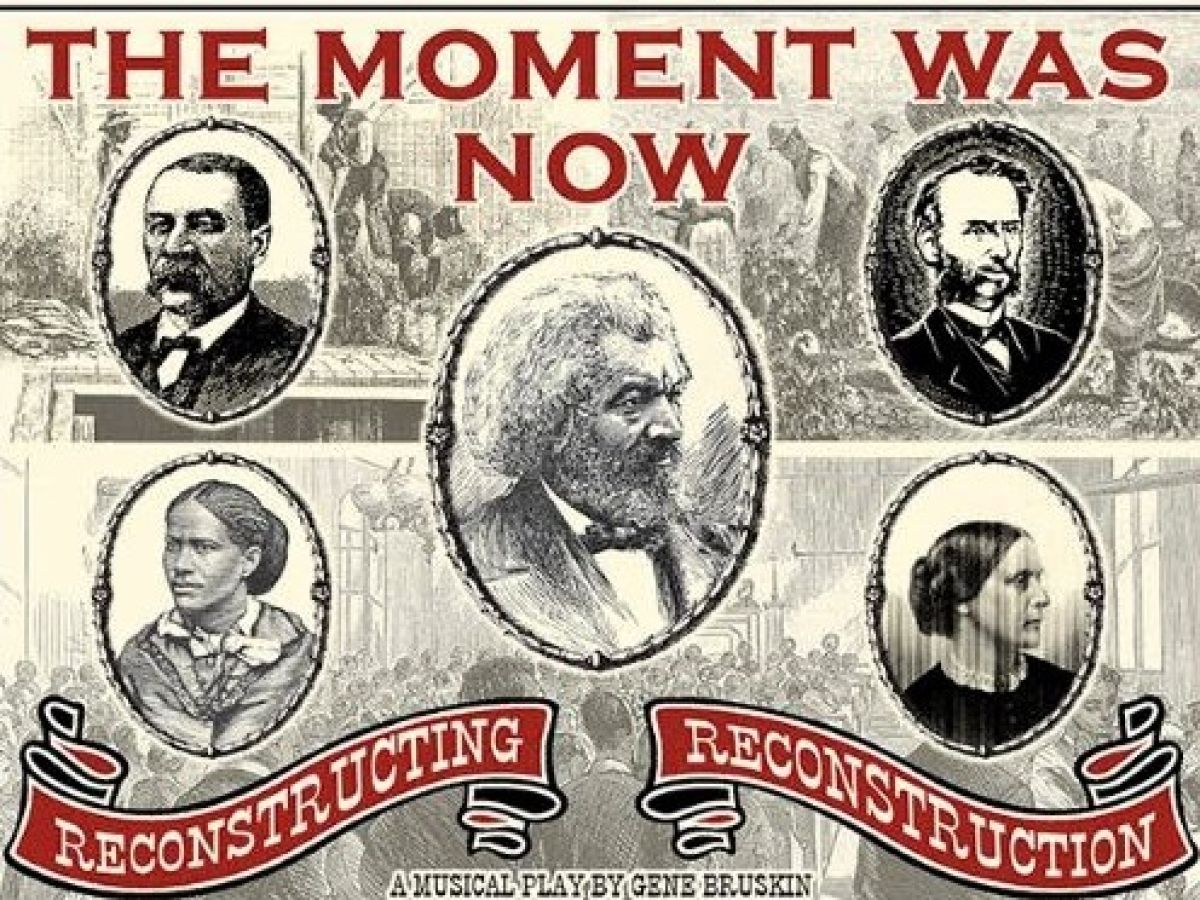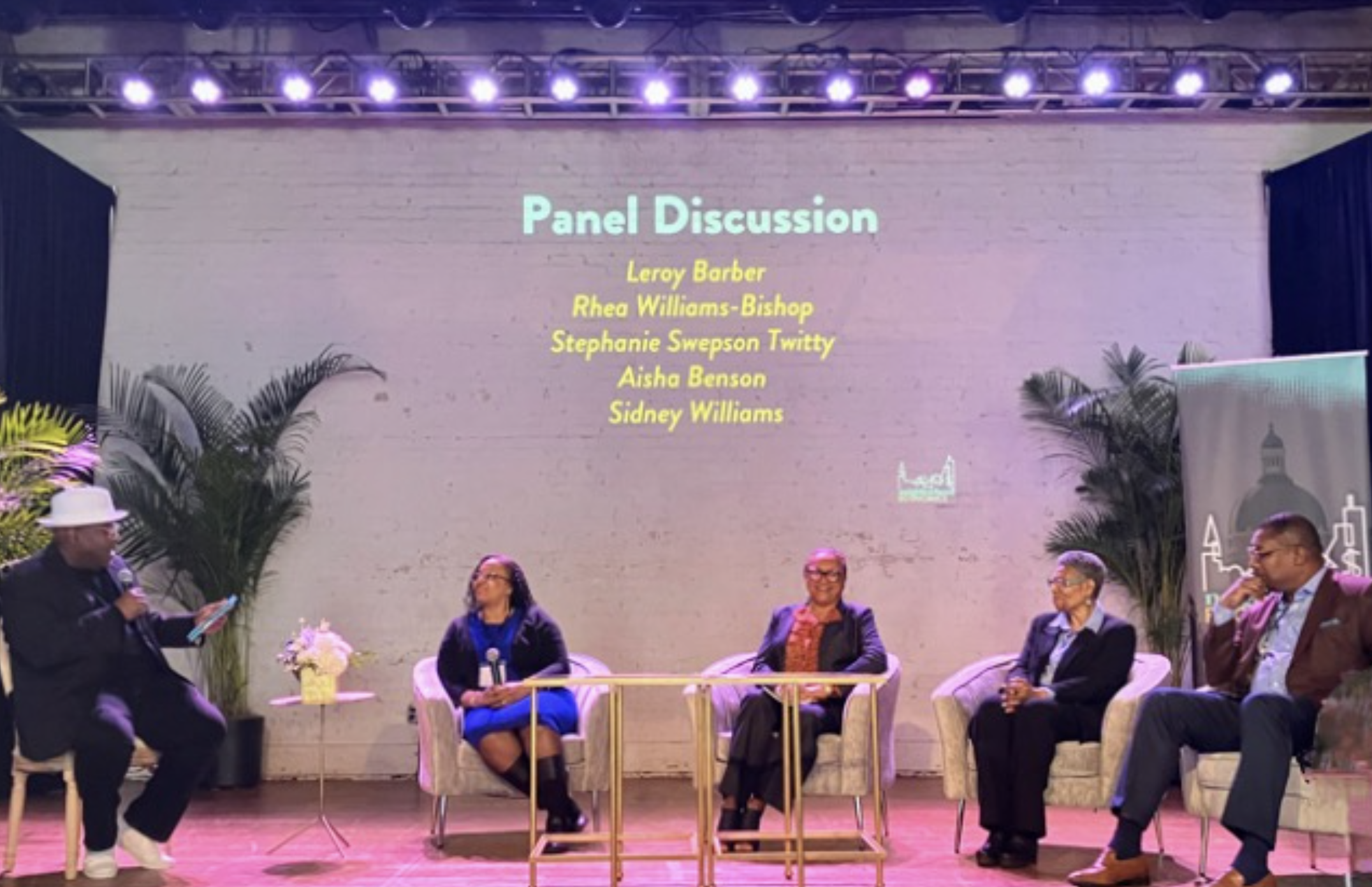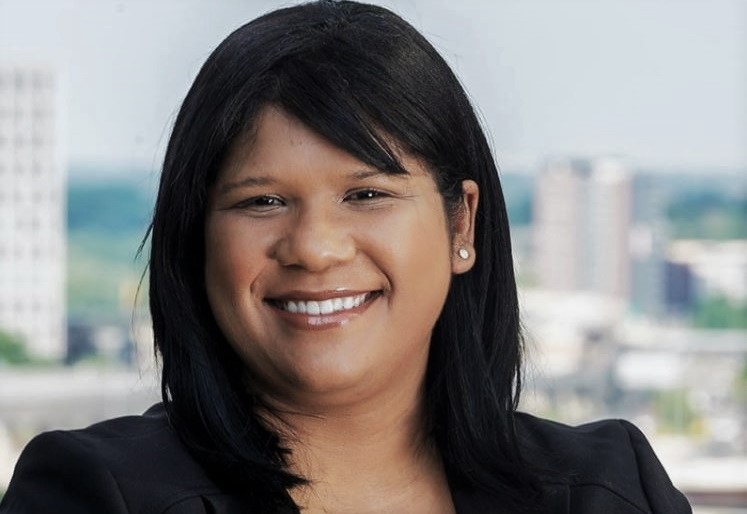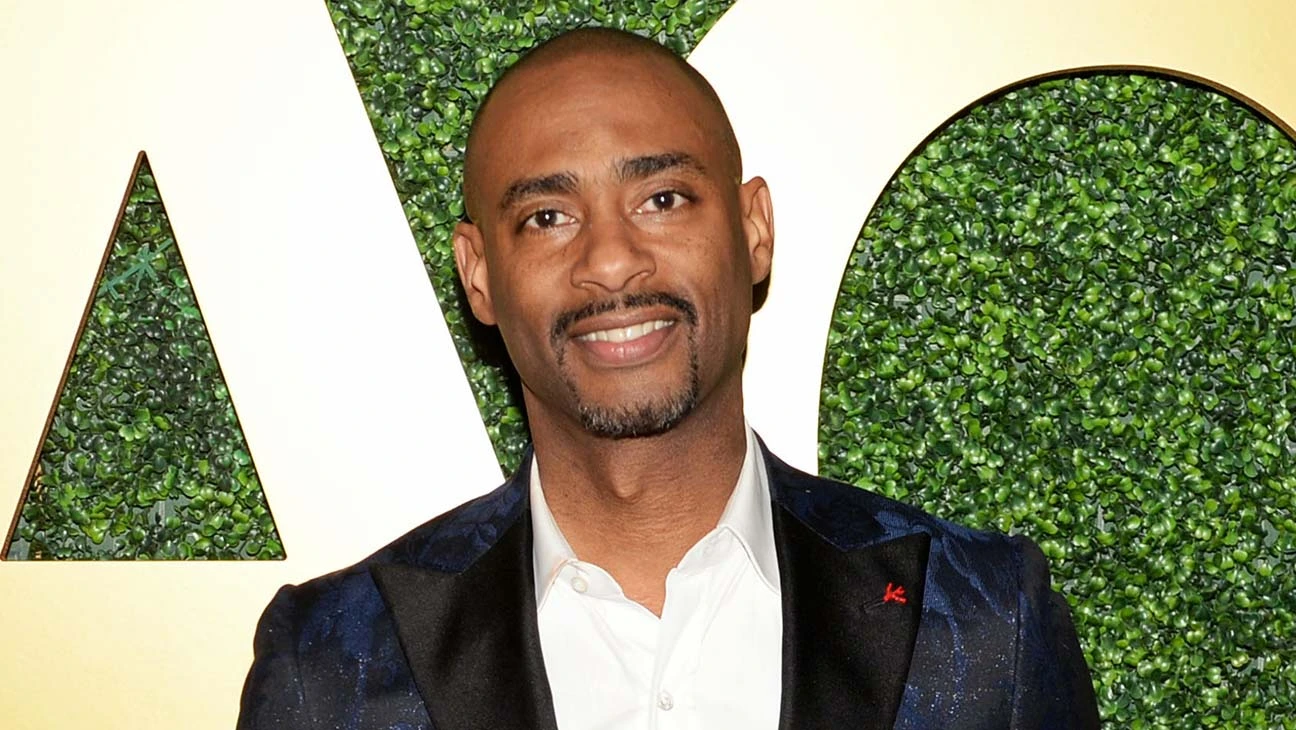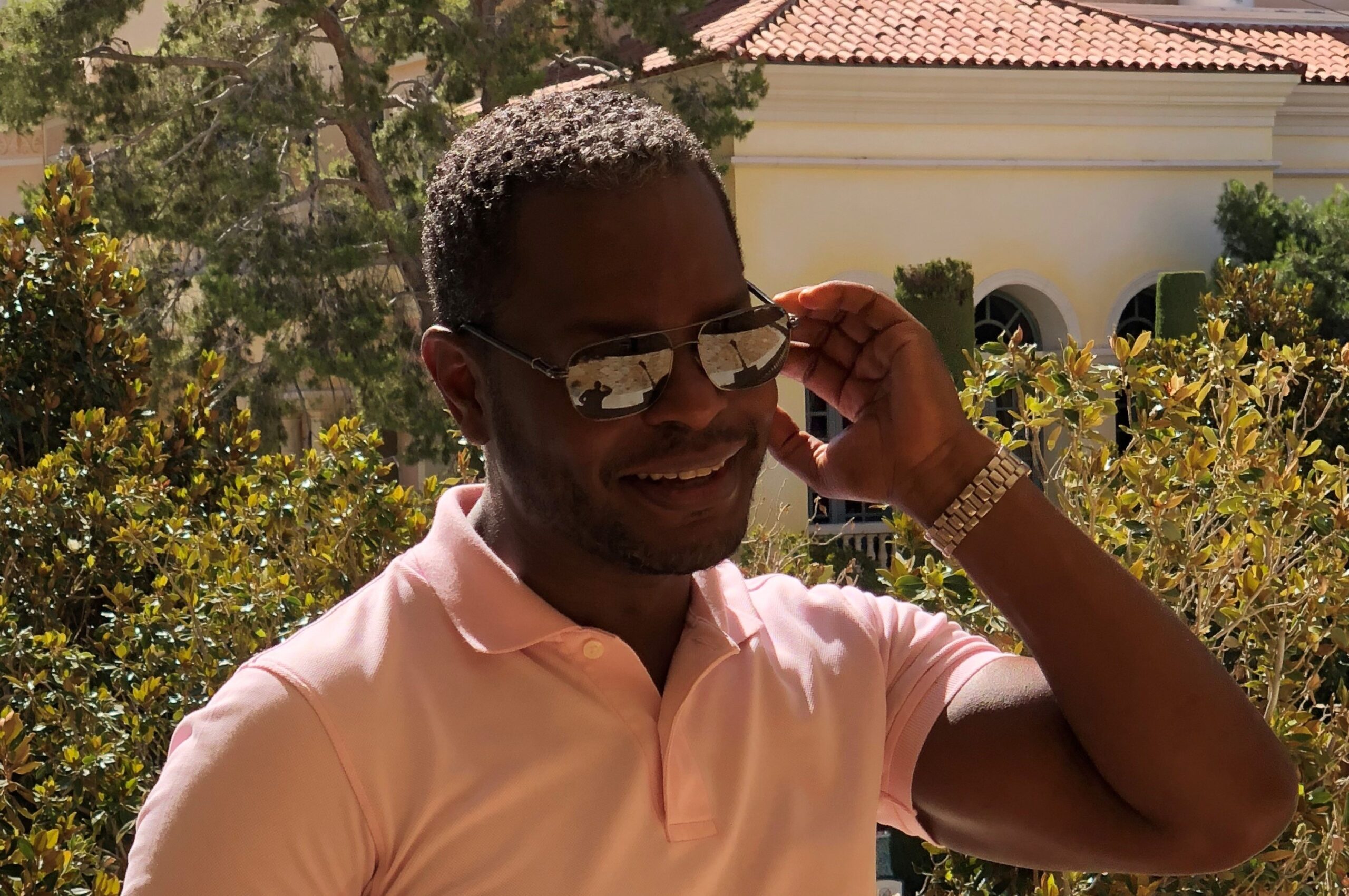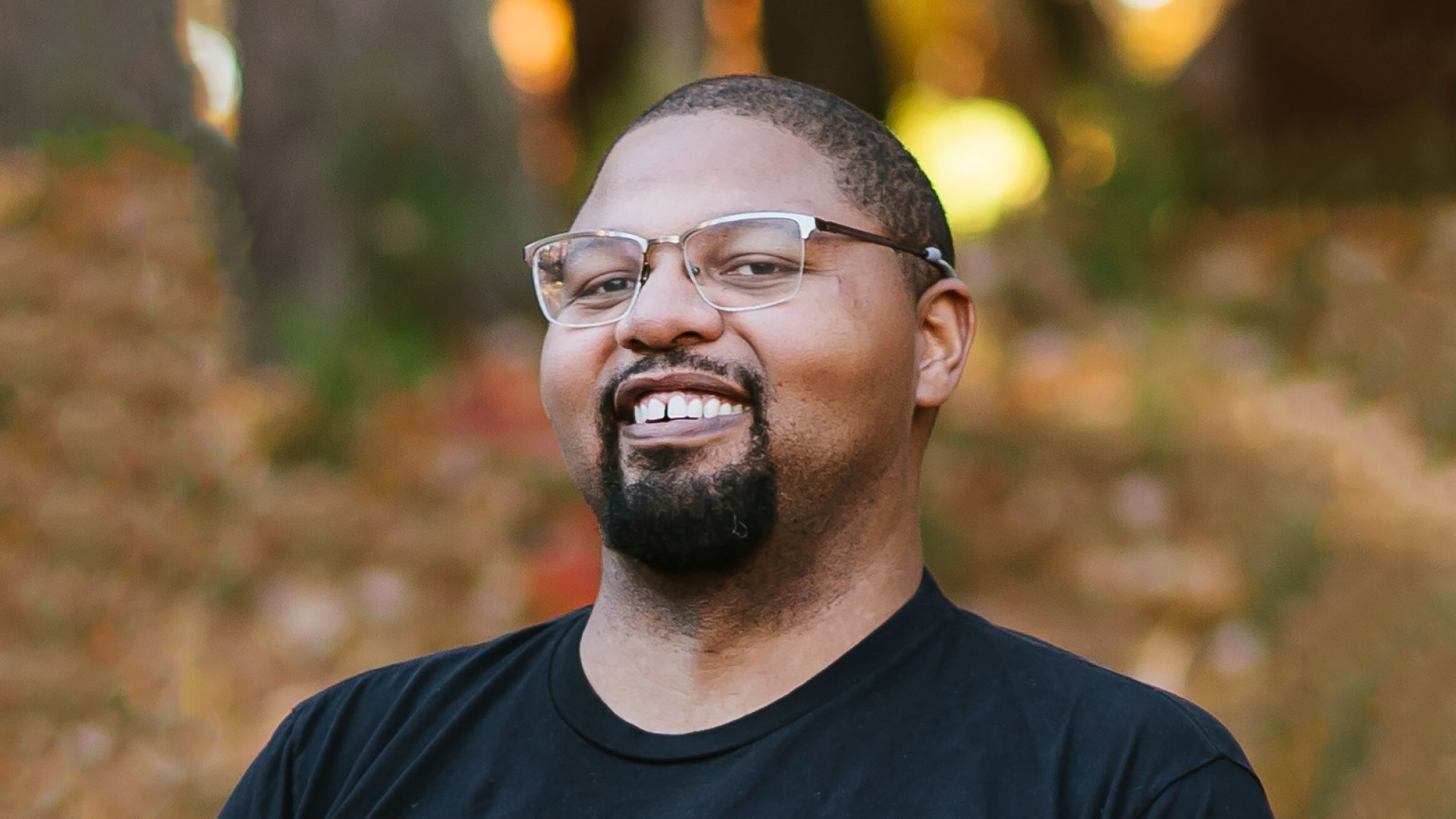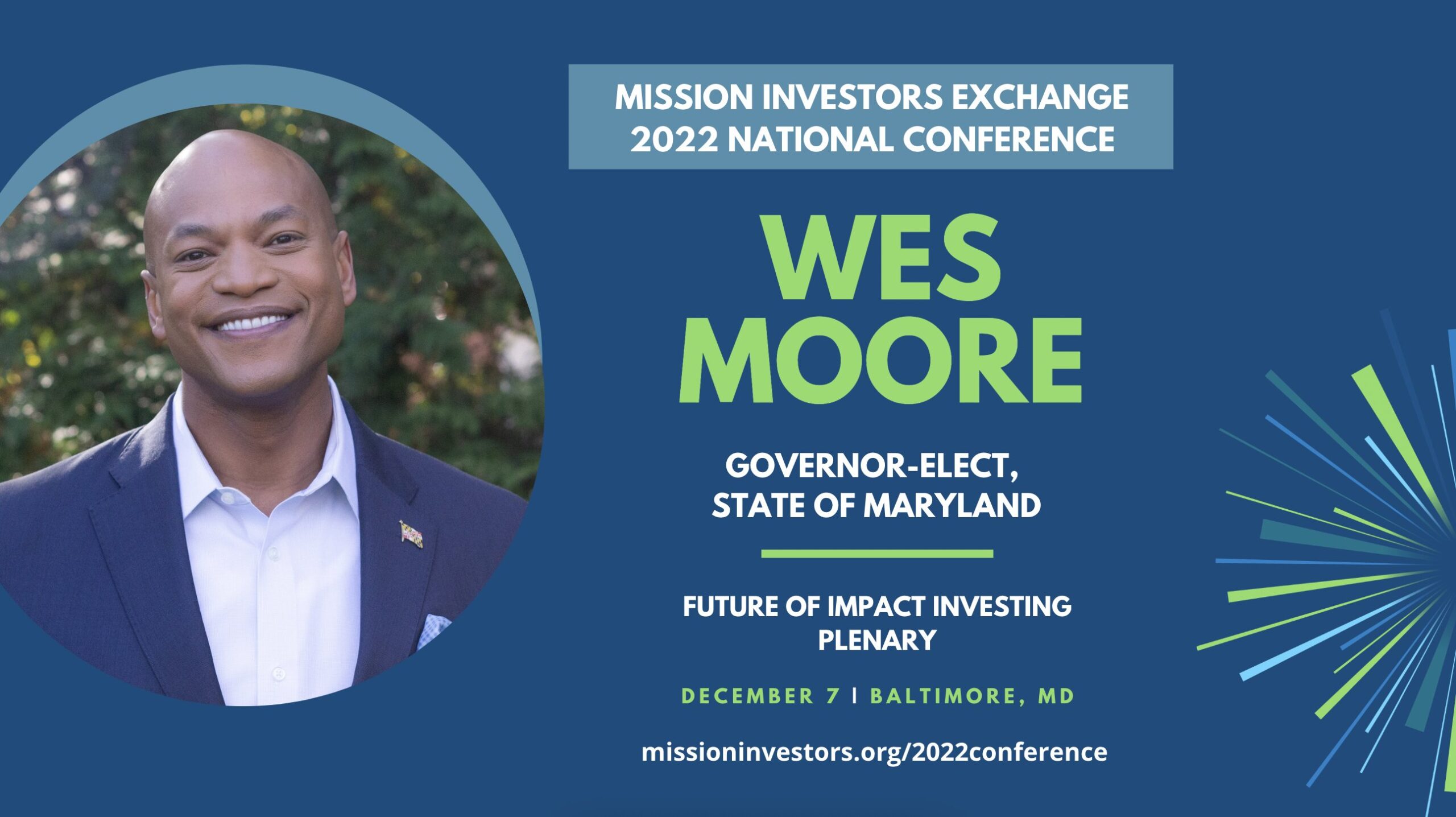ImpactAlpha, Feb. 2 – A contested election. A political deal. An historic sellout.
Screech… halt… stop. The presidential election just finished had a decidedly different outcome than the previously most fiercely contested election.
The outcome of the 1876 election between Samuel Tilden and Rutherford B. Hayes actually was thrown in Congress, which gave the electoral votes of Florida, Louisiana and South Carolina and to Hayes in a deal to withdraw federal troops from their deployments in those states.
That signaled the end of Reconstruction, the decade-long experiment in multiracial democracy and inclusive prosperity that spurred small-town vitality and the flourishing of Black businesses and professionals across the South in the decade after the Civil War. The white supremacist backlash that followed ushered in decades of Jim Crow.
Our own election, uncontested save that some were hellbent on contesting it, was decided not by a deal, but by unprecedented turnout and determined mobilization (see “Agents of Impact: Georgia’s organizers”). In his inaugural address, President Biden called out white supremacy as “domestic terrorism that we must confront and we will defeat.”
Everything was possible
Reconstruction lost in 1876. Reconstruction won in 2020.
That lets us write a different narrative for our own experiment underway in multiracial democracy and inclusive prosperity.
To help do so, host Monique Aiken sought out playwright Gene Bruskin for the second episode of ImpactAlpha’s podcast series, The Reconstruction. Bruskin is the creator of “The Moment Was Now,” a historical musical set in Baltimore in 1869. The Reconstruction wasn’t a failure, Bruskin says. “It didn’t fail, it was destroyed,” he tells Aiken.
“In fact, reconstruction was a moment when it all was under consideration, and everything was possible,” Bruskin says. “I started thinking of it as a time when America, almost, did the right thing.”
The play, in the style of “Hamilton” position characters in the room where it happened, in this case, a labor convention that helped structure alliances in the post-Civil War economy.
The story of labor organizing across racial lines resonated with Bruskin, who retired after 37 years as an organizer for the AFL-CIO, the United Food and Commercial Workers Union, the American Federation of Teachers, as well as Jesse Jackson’s PUSH campaign and other unions and movements.
Convening the fictional gathering is Frederick Douglass and Black trade union leader Isaac Myers, who spar and strategize with Susan B. Anthony, Irish unionist William Sylvis and African American feminist Frances Harper. Railroad tycoon Jay Gould casts a shadow over the meeting.
“African Americans in that period understood: The promise of America could never be achieved without the full equality of African Americans,” Bruskin tells Aiken. “That was a moment.”
Rewriting the future
In the play, Frederick Douglass urges his allies “To act before it’s too late // to create a plan for massive foment // in this moment. // For moments come and moments pass // but moments don’t last forever. // We cannot freeze them // we must seize them.”
The Moment Was Now excavates forgotten history, like the Mississippi washerwomen of Jackson Mississippi, newly freed from slavery, who organized themselves in 1866 to command decent wages from their white employers and to hold themselves accountable not to settle for less.
Many of the achievements of Reconstruction fell victim to the backlash, though progress survived in some places, along with institutional changes including the 13th, 14th and 15th amendments to the U.S. Constitution. “The tragedy of Reconstruction is that the commitment to enforce it waned much too soon,” says historian Eric Foner.
“How do we not have another play, written decades in the future, about how we missed this moment now?” Aiken asks Bruskin.
Racism, he says, “is an attempt to divide us. It created a system where of enormous wealth was possible because of enormous exploitation.” Our economic system, from health to housing to jobs to education “was built with this racial divide glommed into it. And as a result we get an inferior system, for all people. Everybody suffers. If we can open that up, we can open everything up.”
A line in The Moment Was Now reminds that black people were captured by it, white people were sickened by it.
“White people have to understand how much we have to gain here, Bruskin says. “When you add it all up, everyone’s lives would be better if we get rid of this divide.”
This podcast is part of ImpactAlpha’s new podcast series, The Reconstruction. Host: Monique Aiken. Editor: David Bank. Producer: Isaac Silk. Special thanks to Lyneka Little and Cesar Chavez.
Find episodes of The Reconstruction podcast, and all of ImpactAlpha’s coverage of racial justice and inclusive prosperity, on The Reconstruction landing page.



